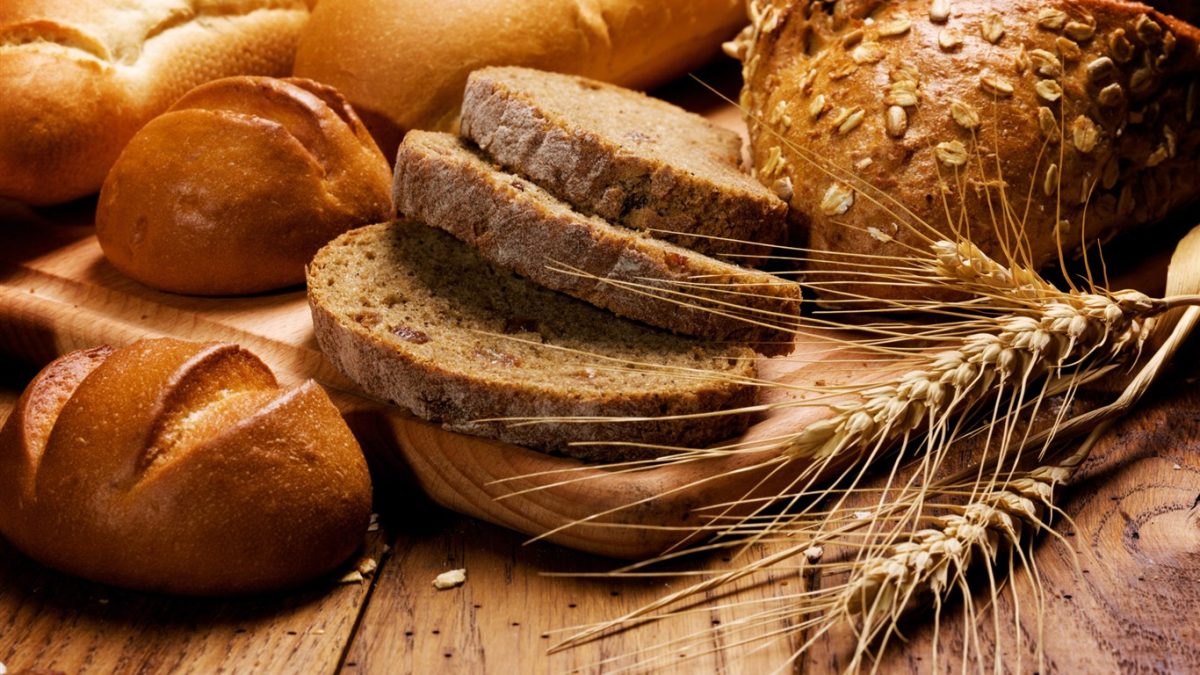
Celiac Disease and Chinese Medicine
May is Celiac Disease Awareness Month. I’d like to take a moment to explore the disease and how Chinese medicine fits into the lives of people with celiac disease. Celiac disease, also known as celiac sprue or gluten-sensitive enteropathy, is a genetically linked autoimmune disorder that can affect both children and adults. In people with celiac disease, eating certain types of grain products sets off an (IgA) immune mediated response that causes damage to the mucosal lining in the small intestine. Grains containing gluten are wheat, barley, rye, and to a lesser extent, oats. The gluten in these grains contains a particular amino acid sequences that are harmful to people with celiac disease. How does this differ from gluten intolerance or a wheat allergy? Symptomatically they are similar. The current hypothesis is the body reacts directly to the gluten with a different type of immune response (IgE vs. IgA). Intolerance or allergy is typically a response such as a skin rash or anaphylaxis. Approximately 1 in 141 people have celiac. Meanwhile, a true wheat allergy is uncommon in adults and only affects .04-.05% of children.
With either Celiac or intolerance, removing gluten from the diet will help someone feel better, and the damage can begin to heal. An estimated eighty-three percent of Americans who have celiac disease are undiagnosed or misdiagnosed with other conditions, and on average it takes six to ten years for a person to be correctly diagnosed. Because celiac is autoimmune, people can present with different symptoms, but the common denominator is inflammation. Once an inflammatory cascade starts in the body, it can take time for it to reduce. Auto-immune disorders are aggravated by stress. Stress can be physical, environmental, or emotional. Acupuncture and herbal medicine are tremendously useful in the treatment and management of autoimmune diseases.
Acupuncture reduces inflammation, improves circulation, and recalibrates the immune system. Those mechanisms help speed up the recovery system and improve quality of life. The beauty of Chinese medicine (TCM) is that we can work with each patient and their individual case. In TCM we look for patterns. Even though two people may come in with the same western diagnosis, their symptoms may present differently. For instance, one patient may have what we would call a “deficient” presentation with a general feeling of weakness, always feeling cold, lethargy, hemorrhoids, and digestive discomfort. Another patient may have an “excess” pattern and exhibit severe digestive cramping, blood and/or mucous in their stool, along with emotional irritability and restlessness. By identifying the underlying pattern and working to bring harmony back to the body as a whole, we are able to both provide people relief and promote optimal health.
At the Acupuncture Clinic of Boulder, we always explore the symptoms of disease, or dis-ease, but the foundational pillar of our practice is optimal health. Within the treatment of illness, there are tangible results for the patient when there is an acknowledgement of health, inherent within each person.
If you or someone you love suffers from digestive troubles, we understand your pain. If it has been going on for a long time and you have not been able to identify the source, it may be worth seeing your primary care physician or a gastroenterologist to find out if celiac disease is the culprit. Regardless of the cause, we are here to help you figure out strategies of management and help you heal.
Sources: -Celiac Support Association: http://www.csaceliacs.org/ -Daniel Leffler, MD, MS, The Celiac Center at Beth Israel Deaconness Medical Center
By: Noah Goldstein


